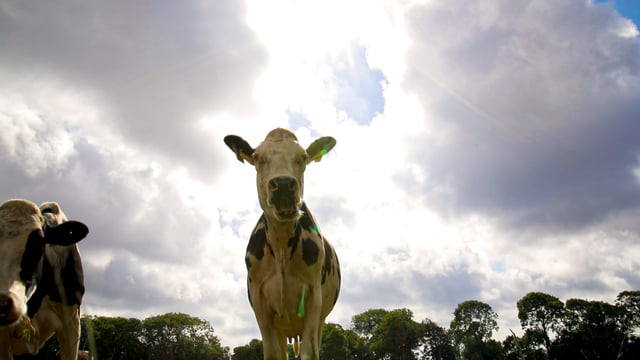NFFSC told of 'signals of cash flow tightness' on farms
Bank of Ireland has told the National Fodder and Food Security Committee (NFFSC) that it is "beginning to see the first signals of cash flow tightness" on farms.
Head of agriculture at the bank, Eoin Lowry, said that farmers are using any cash deposits they have available and overdraft utilisation levels are starting to increase.
"We've seen a 25% increase in overdraft applications in April and May," he said.
Lowry said the bank is "very aware of the cashflow need" as farmers deal with increased costs due to poor weather conditions.
He said that the current picture is totally different to 2023 when farmers would have had "a very strong cash position".
Although noting that the bank can provide working capital, Lowrey said the real issue will be for farmers to determine how much financial support they require coming into the winter months.
He advised all farmers to complete a cash flow budget for their enterprise as soon as possible.
John Farrell, agri specialist with AIB, said that the bank has also been "very conscious" of the impact of weather on farms since the beginning of the year.
"Cash flow is going to be a big focus for us for the rest of the year. Any of our engagements with farmers will all be around the cash flow message," he said.
Farrell said that overdraft utilisation have been at low levels for the past two years.
"We haven't seen that significant increase in requests for working capital from our customers yet. There is always that time lag before customers come and talk to us," he said.
He urged any farmer who is in difficulty to reach out to the bank to quantify the level of support they may need.
Deputy president of the Irish Farmers' Association, Alice Doyle told the NFFSC that the top issue identified in a recent survey of their members was a lack of cash flow.
The meeting heard that on farms where there are cash flow issues it will impact the ability to purchase fertiliser needed to grow additional winter fodder.
Doyle said that the IFA would encourage farmers to use Strategic Banking Corporation of Ireland (SBCI) loans, if needed, due to the lower interest rates, along with credit unions.
She added that banks will need to ensure easier access to money for farmers in the coming months.
Doyle also urged co-ops to be as flexible and understanding as possible with farmers when it comes to restructuring overdue debts.
The IFA deputy president called on industry to "make a big effort" to pay the maximum price available to farmers for their produce.
Several members of the committee stressed the importance of scheme payments being made on time by the Department of Agriculture, Food and the Marine (DAFM) which could ease cash flow pressures.
Louise Byrne, deputy chief inspector with DAFM, said that scheme payment dates have been outlined in the Farmers' Charter which was recently agreed between the department and farm organisations.
"These are the dates that we have committed to since last year and they haven't changed since then," she said.
Byrne said that the department aims to "pay the most farmers the highest possible amount of money" in the first week of payments, beginning with the Areas of Natural Constraints (ANC) in September.
She said that working capital supports are available to farmers through the SBCI.





